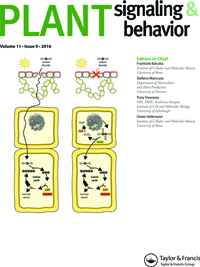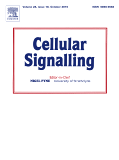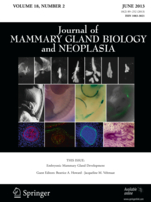 A few months ago, an author alerted us to two retractions — including one in PNAS — after realizing his team had been using plants affected by inadvertent genotyping errors for an entire year. He initially told us these were the only two papers affected, but more recently reached out to say he had to pull a follow-up article, as well.
A few months ago, an author alerted us to two retractions — including one in PNAS — after realizing his team had been using plants affected by inadvertent genotyping errors for an entire year. He initially told us these were the only two papers affected, but more recently reached out to say he had to pull a follow-up article, as well.
Recently, Steven C. Huber contacted us about the newest retraction, noting he was submitting a notice to the editor of Plant Signaling and Behavior:
Continue reading Costly genotyping mistake forces lab to pull 3rd paper






 With so many
With so many 